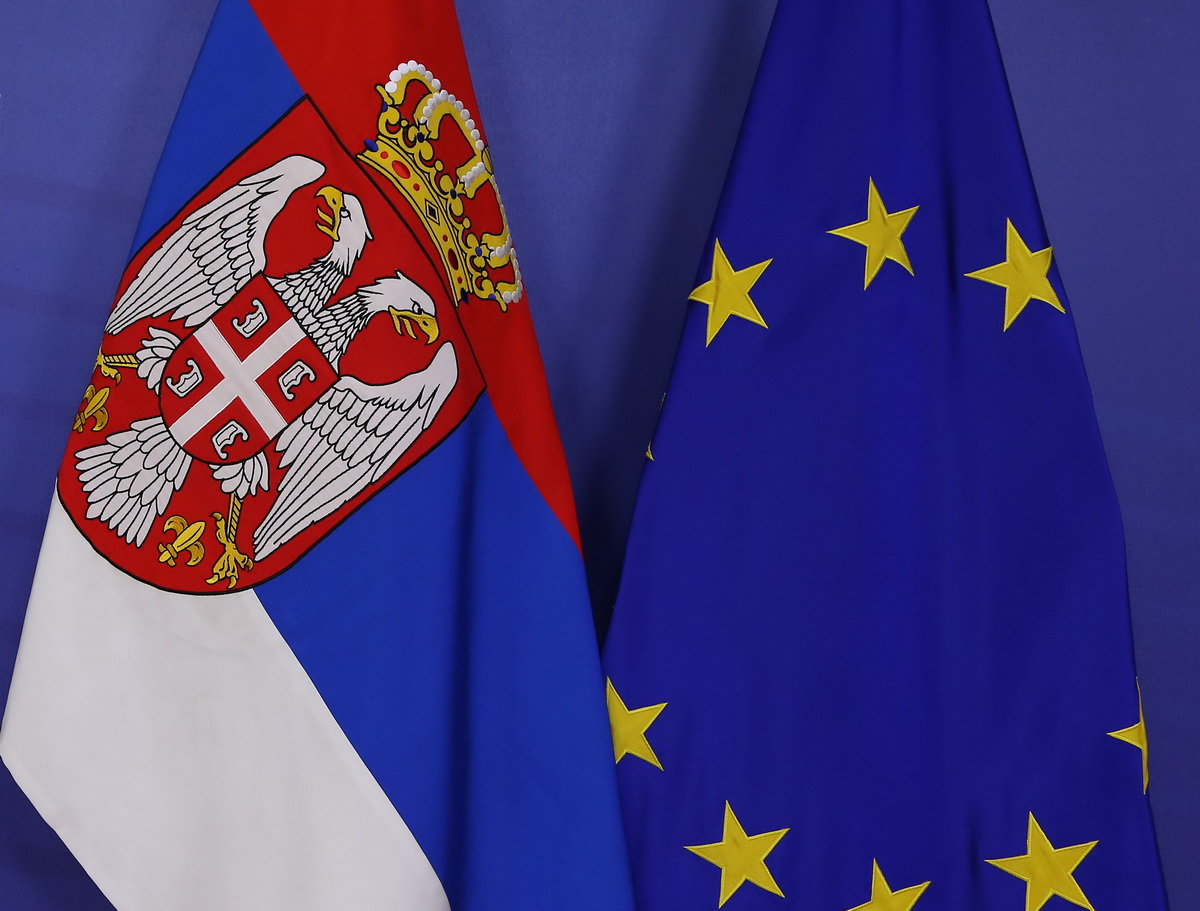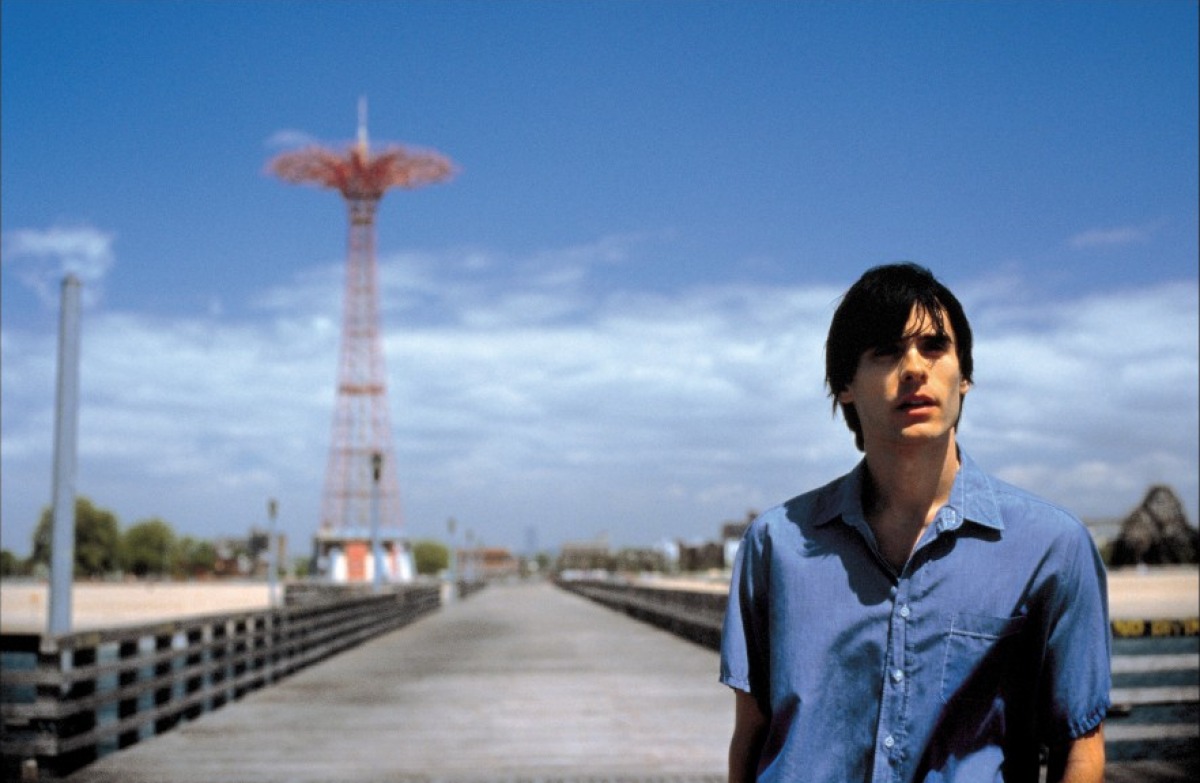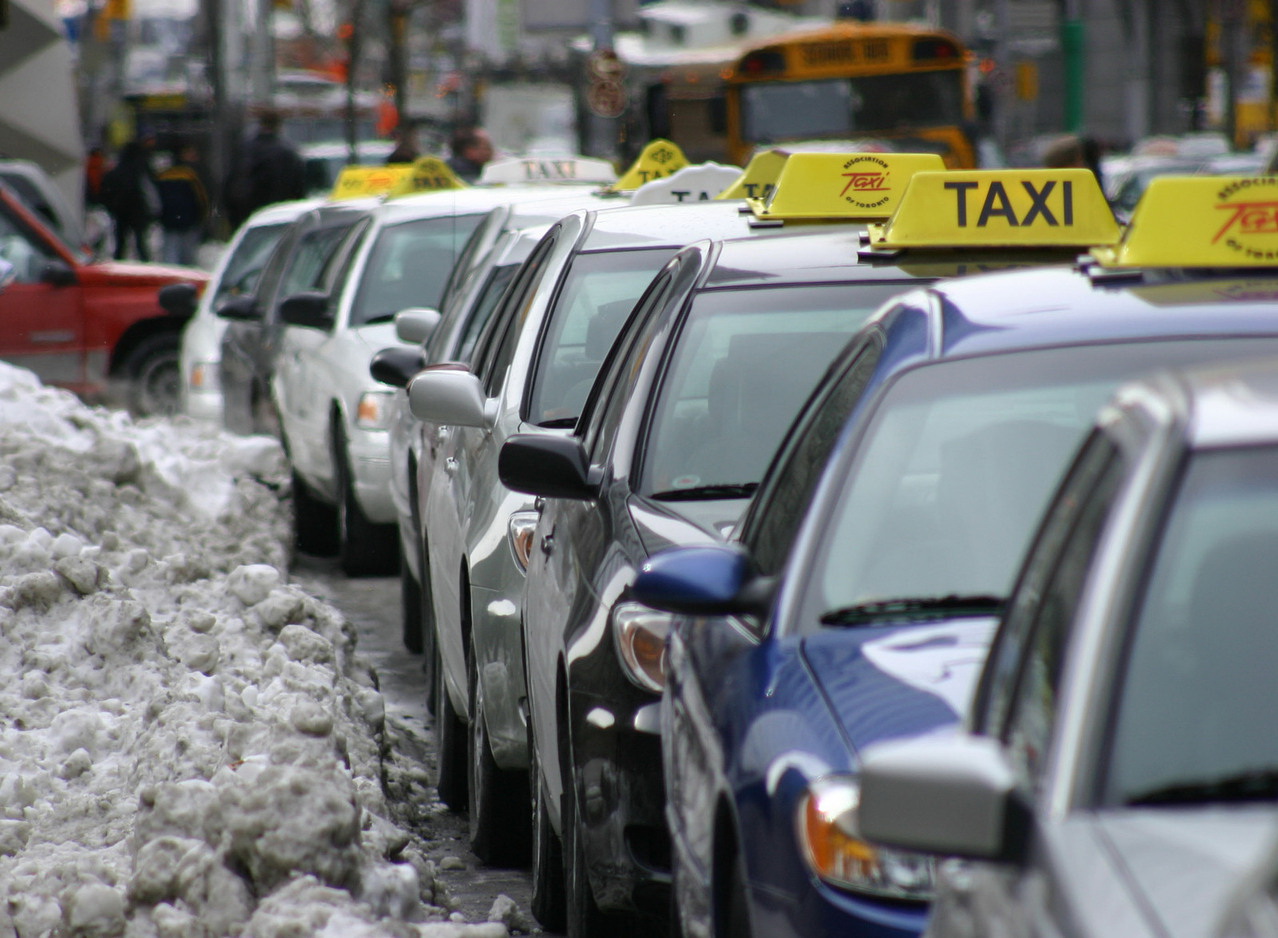POLITHEOR
European Policy Network
Blog 3 Columns
- Home
- Blog 3 Columns

“Conspiracy theories have always been a part of the US culture”0
Today we spoke about conspiracy theories and their influence with Professor Michael Butter (Tübingen University), author of Plots, Designs, and Schemes (Linguae & Litterae) and many other works on conspiracy theories in the US.
READ MORE
Climate Case: the heat goes on0
- Environment and Energy, Op-ed
- 02/11/2015
Something noteworthy happened in June in the Netherlands, where an activist organization successfully sued the state over its lack of commitment to cutting greenhouse gas emissions. While unprecedented and unparalleled, the Climate Case won’t save the climate but pits government against court.
READ MORE
Is the European Semester Light fixable?0
- International Relations and Global Affairs, Op-ed
- 26/10/2015
The European Semester Light process was developed to advance reforms of candidate countries’ economic policies before entering the EU. The case of Serbia bluntly shows its shortcomings.
READ MORE

Michel Foucault on refugees – an interview from 19791
- Human Rights and Migration, Interview
- 20/10/2015
‘The refugee problem is a foreshadowing of the 21st century’s great migration.’
READ MORE

TPP: Should the key losers – China and Europe – join forces?0
- International Trade, Op-ed
- 09/10/2015
After five years of struggle, a massive trade pact has been signed among the US, Japan and 10 other economies (mostly in Asia but also Latin America): the Trans-Pacific Partnership (TPP).
READ MORE
The myths and truths of the European migration crisis0
- Human Rights and Migration, Op-ed
- 24/09/2015
There is no price tag attached to my hand stretched out to refugees, people threatened by wars, and violent regimes. The humanitarian argument prevails over any cost-benefit analysis. But as a labor economist, I firmly believe it is my obligation to help us better understand the labor market impacts of immigration.
READ MORE
Rethinking U.S. drug policy0
- International Relations and Global Affairs, Op-ed
- 11/09/2015
A recent study by the UK’s Home Office found no evidence that “drug use in a country is affected by how “tough” or “soft” the government’s response is, showing that the severity of criminal penalties has little effect on drug use”.
READ MORE

